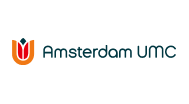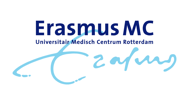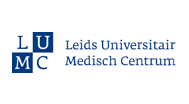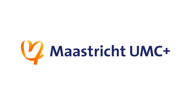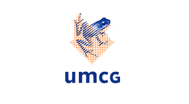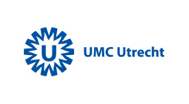Societal role of the umcs
In July 2019, former minister Bruno Bruins described how he sees the role of university medical centers (umcs) in the healthcare landscape. He identified eight tasks to which umcs are expected to make an important contribution: social tasks.
As joint umcs, we believe it is important to be publicly accountable for these eight social tasks. Read the social accountability 2022 below. Using a number of illustrative examples, we show on the website how the umcs give form and content to these eight tasks.


